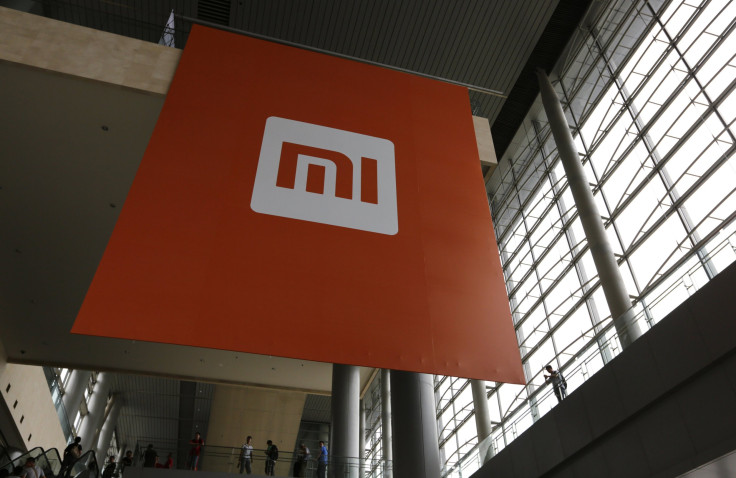No, Xiaomi Did Not Copy The MacBook Air; Leaked Photo Is A Fake

Not so fast. Xiaomi has made itself the world's most valuable tech startup largely by making phones and tablets that look very much like Apple products. But the company said Tuesday that a photo circulating of an alleged Xiaomi laptop -- a spitting image of a MacBook Air -- is a fake.
Tech blog GizmoChina first reported the story Sunday, detailing that the supposed computer would feature an Intel processor, 16GB RAM and a $480 price tag. That leak sparked numerous headlines Monday, with publications including 9to5Mac and Business Insider picking up the story, largely due to the computer’s striking similarity to MacBook Air laptops by Apple Inc.
Here's proof the Xiaomi MacBook Air clone is a hoax http://t.co/YKwxHd4Wan pic.twitter.com/iQqWFnmlgH
— Tech in Asia (@Techinasia) December 30, 2014The fake images showed Xiaomi’s orange Mi logo on its screen panel and an orange button on the top right corner of the keyboard. But those images were superimposed onto an old computer mock up originally created in 2011, according to iPhone Hacks.
“That’s false news,” Xiaomi Communications Manager Kaylene Hong told Tech in Asia Tuesday. The company, however, did not explicitly state that it is not working on a line of computers.
Xiaomi had a near dream year in 2014, taking on big manufacturer names such as Apple and Samsung and eating up a considerable amount of their market share. Research firms, including IDC and Strategy Analytics, named Xiaomi the third-largest smartphone manufacturer in the world as of the third quarter. The company has thrived on a strategy of offering low-cost smartphones with an expanse of software and services, on which it makes most of its money. After recently raising $1.1 billion in funding, Xiaomi is now valued at $45 billion, making it the world’s most valuable tech startup, an accolade that previously belonged to the Uber.
The computer market may not be on the top of Xiaomi’s list, but the company has a considerable amount of endeavors planned. Xiaomi plans to invest $1 billion in online video content to complement its Mi TV software and Mi Box streaming device. The company also plans to expand its smartphone business into markets such as India and Indonesia in the coming year, with plans to venture into Brazil, Russia, Thailand, Mexico and Turkey in the future.
Xiaomi CEO Lei Jun announced on Chinese social media website Weibo Monday that the company will unveil its next flagship smartphone in January.
© Copyright IBTimes 2025. All rights reserved.




















